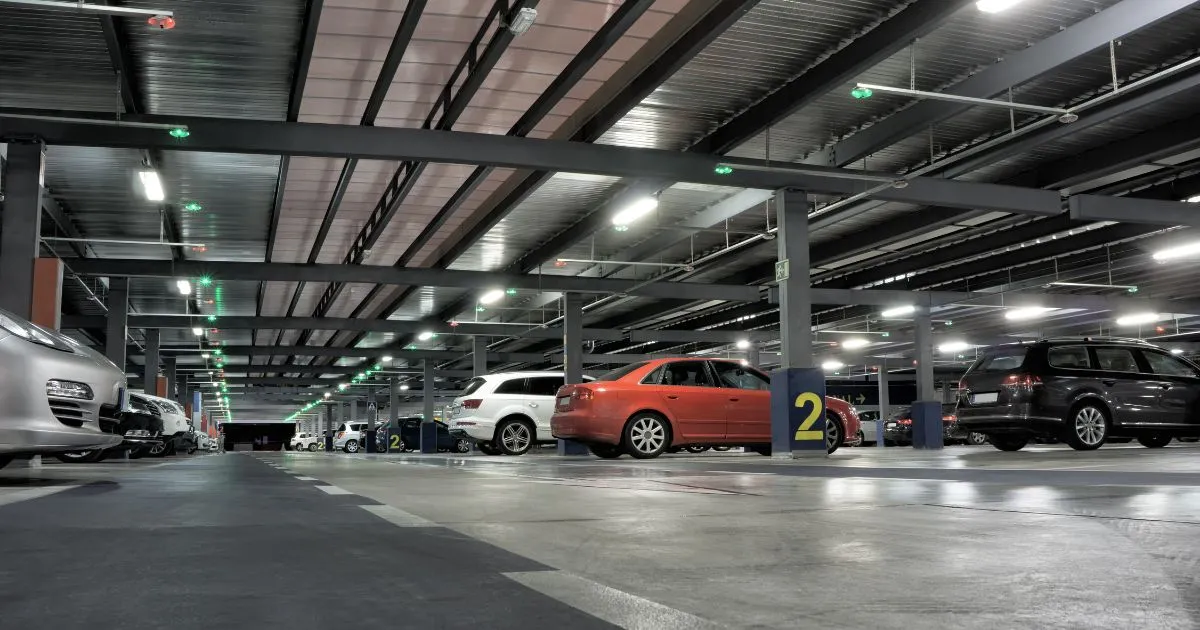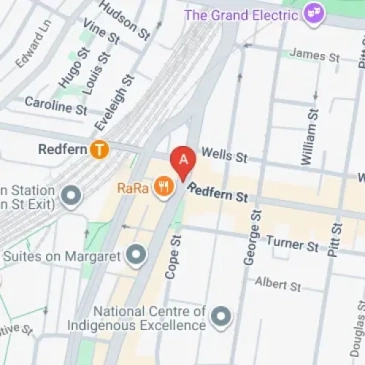Is Parking for Work Tax Deductible in Australia?

Understanding which work-related expenses can be claimed as tax deductions is essential for maximizing your tax return. For many Australian workers, particularly those who drive to various locations for work purposes, parking fees can add up significantly throughout the year. Whether you're a salesperson visiting clients, a tradesperson traveling between job sites, or a professional attending work-related events, knowing if you can claim those daily parking station expenses could save you hundreds or even thousands of dollars. This article explores the Australian Taxation Office (ATO) guidelines on when parking expenses are tax-deductible, how to claim them correctly, and what records you need to keep to substantiate your claims.
When Are Parking Expenses Tax-Deductible in Australia?
According to the Australian Taxation Office, parking expenses can be claimed as a tax deduction when they are directly related to your income-generating activities. This means that if you pay for parking while performing your work duties, these costs may be deductible. However, it's important to understand that parking fees for your regular commute from home to your primary workplace are not tax-deductible. The ATO considers these expenses to be private in nature, similar to other commuting costs like public transport fares or fuel for your regular journey to work.
Work-related expenses guidelines from the ATO clarify that deductions are available only when the expense is directly connected to earning your income. As Daniel Battaglia notes in his book Parking Made Easy: Making Life Easier: "With more cars than ever on the roads, and with a shift to electric not changing that, the future of parking looks to be heading in multiple directions." This growing demand for parking spaces means understanding what you can and cannot claim is more important than ever.

Examples of Deductible and Non-Deductible Parking Expenses
To help clarify when parking costs can be claimed, let's examine some common scenarios. Deductible parking expenses typically include:
- Parking fees when visiting clients or customers for business purposes
- Parking costs at temporary work sites or alternative work locations
- Parking charges when attending work-related conferences, seminars, or training sessions
- Parking expenses when traveling between different work locations during the day
On the other hand, parking expenses that are generally not deductible include:
- Daily parking fees at or near your regular workplace
- Parking costs for your regular commute from home to work, even if you work odd hours or there's no public transport available
- Parking at home if you have a home office
As the Driversnote blog explains: "Parking expenses are tax-deductible so long as they are work-related." This distinction between work-related and private parking costs is crucial for ensuring your tax claims comply with ATO requirements.
Methods for Claiming Parking Expenses
When it comes to claiming work-related parking garage costs, there are two primary methods available to Australian taxpayers. The first is the logbook method, which allows you to claim the actual expenses incurred. This requires maintaining detailed records of each parking expense, including the date, amount, location, and work-related purpose.
The second option is the cents per kilometre method, which provides a set rate for work-related travel, covering all associated costs including parking. For the 2024/2025 financial year, the rate is 88 cents per kilometre, with a maximum of 5,000 business kilometres per car. This method is simpler but may result in a lower claim than the actual expenses incurred.
In my experience working with clients at Parking Made Easy, I've found that the logbook method typically yields higher deductions for those who frequently pay for parking at multiple work locations. However, the cents per kilometre method offers simplicity that many taxpayers prefer, especially those who don't have substantial parking expenses.

Record-Keeping Requirements for Parking Expenses
Proper documentation is essential when claiming tax deductions for parking expenses. The ATO requires taxpayers to keep records that substantiate all claims made in their tax returns. For parking expenses, this includes:
- Receipts or invoices for each parking payment
- Bank or credit card statements showing the payments
- A logbook detailing the date, location, amount, and work-related purpose of each parking expense
- Records showing the connection between the parking expense and your work duties
For claims under $300 without receipts, you still need written evidence detailing the expense. This could be a diary entry or similar record that includes all relevant details. However, as parking costs in many Australian capital city central business district parking lots can exceed $50 per day, it's advisable to keep proper receipts whenever possible.
According to research by Savings Australia, Australia is the most expensive country in the world for daily parking in absolute terms. With such significant expenses, proper record-keeping is not just about compliance with ATO requirements, but also about ensuring you maximize your legitimate tax deductions.
Common Mistakes to Avoid When Claiming Parking Expenses
Based on my taxation expertise and discussions with ATO representatives, I've identified several common errors taxpayers make when claiming parking expenses. Avoiding these mistakes can help prevent unwanted attention from the ATO and potential penalties:
- Claiming parking costs for regular commutes between home and work, which are considered private expenses
- Lack of proper documentation to substantiate claims, especially for larger amounts
- Overestimating the proportion of parking costs related to work activities
- Double-claiming parking expenses when using the cents per kilometre method, which already includes an allowance for parking
- Failing to adjust claims for any reimbursements received from employers
As one tax professional from a major accounting firm explained to me that the most common issue we see is clients trying to claim their regular workplace parking, which simply isn't allowed under current ATO guidelines. This kind of claim raises red flags and can trigger a more comprehensive review of your tax return.

Conclusion: Maximizing Your Legitimate Parking Deductions
Understanding when and how to claim tax-deductible parking expenses for work locations can significantly impact your financial situation at tax time. By following the ATO guidelines and maintaining proper documentation, you can ensure you're claiming all legitimate deductions while avoiding potential issues with the tax office. Remember that while daily commuting parking costs aren't deductible, expenses incurred when visiting clients, attending work-related events, or traveling between different work locations typically qualify for deductions.
As parking costs continue to rise in Australian cities, maximizing your legitimate deductions becomes increasingly important. If you're unsure about specific parking expenses or need assistance with your claims, consider consulting with a registered tax agent for personalized advice. And if you're looking for affordable parking solutions to reduce your overall costs, signing up with Parking Made Easy could help you find more cost-effective options for your work-related parking needs. Share your experiences or questions about claiming parking expenses in the comments below!
**About the Author:** Daniel Battaglia is the Founder and Chief Executive Officer at Parking Made Easy. Daniel has been working in the parking and urban mobility sector since 2012. With a passion for simplifying parking and helping people save money and time, Daniel provides expert insights into the benefits of finding, booking and renting car parking spaces with the help of Generative AI. For enquiries, you can reach Daniel directly at daniel@parkingmadeeasy.com.au.



Share